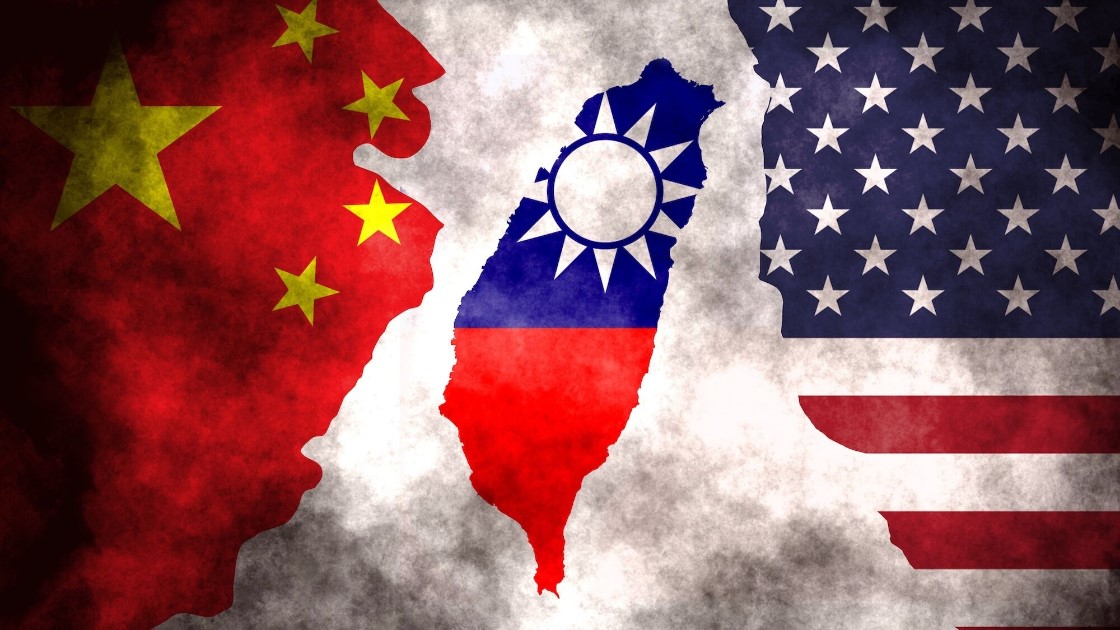China’s Potential Attack on Taiwan Could Be Swift and Unannounced, Warns Former US Defense Official

Former US Defense official Elbridge Colby warns of a possible sudden attack by China on Taiwan, urging strengthened military readiness.
In a recent interview with Japan's Yomiuri Shimbun, Elbridge Colby, a former US Deputy Assistant Secretary of Defense for Strategy and Force Development, cautioned that China might launch an attack on Taiwan with little warning. He believes Chinese President Xi Jinping has given up on the idea of peaceful unification with Taiwan.
Colby, who served under former President Donald Trump and is considered a potential candidate for a national security position if Trump is re-elected, stressed the importance of bolstering military capabilities to respond quickly to any Chinese aggression. He emphasized that such a conflict could involve not only the US but also its allies in the Asia-Pacific region, including Japan, Australia, and the Philippines.
Colby’s assessment aligns with the view that Asia has become the primary theater for strategic competition, overshadowing Europe. He advised the US to shift its focus from supporting Ukraine to enhancing its defense posture in Asia. While he believes Europe can handle the threat from Russia more independently, he sees Asia as needing stronger US support to counter China.
In response to Colby’s warnings, China’s Minister of National Defence, Admiral Dong Jun, criticized external forces for encouraging Taiwan’s independence and warned of severe consequences for anyone attempting to separate Taiwan from China. He accused these forces of undermining the one-China principle and escalating tensions by selling arms to Taiwan.
The situation has been further inflamed by recent military activities. Following the inauguration of Taiwan's Vice President Lai Ching-te, China conducted two days of military drills around Taiwan. These actions were described as punishment for what Beijing called "separatist acts" in Lai's speech, where he urged China to cease its intimidation tactics.
As tensions continue to rise, the international community remains watchful of any signs of conflict, understanding that the stakes involve not only regional stability but also the broader geopolitical balance of power.


